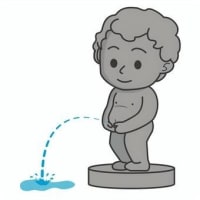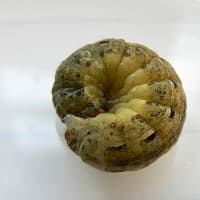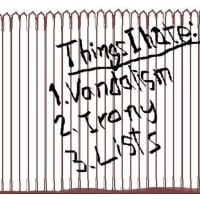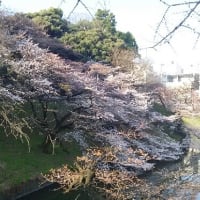July 25, 2010のArcaMaxは読者からの質問に答える内容でしたがその中の一つに面白い表現がありました。
Q: There seems to be some confusion with the verbs "wake," "awake" and "awaken" as well as with some of their possible tenses, such as "waked," "woken," "awakened," "awokened," etc. Any clarification would be appreciated. -- Joe Fadler, Corona, Calif.
A: Pinning down the various tenses of these verbs is like trying to (insert your favorite cliche here): herding cats, nailing Jell-O to the wall, trying to get a health care plan passed. Truth be told, no one has actually mastered these conjugations since the Great Awakening of the 1730s.
"nailing Jell-O to the wall" は日本語の「糠に釘」を思い起こさせる表現ですね。私が興味を覚えたのはここまでですが、気になる方のために説明の続きを最後まで引用します。
Nevertheless, here's a handy guide to present, past and past participle tenses, respectively, of these verbs:
I wake, I woke, I have waked (or have woken).
I awake, I awoke, I have awaked (or have awoken).
I awaken, I awakened, I have awakened.
I wake up, I woke up, I have waked up.
The biggest controversy centers around the past participle forms "woken" and "awoken." Some purists insist that both "woken" and "awoken" are non-standard, but both are predominant in Britain and widely used in the United States as well.
It's also worth noting that folks in the southern parts of the U.S. tend to favor the past tense "waked" as in, "I waked early to study the conjugations of 'wake.'"
Q: There seems to be some confusion with the verbs "wake," "awake" and "awaken" as well as with some of their possible tenses, such as "waked," "woken," "awakened," "awokened," etc. Any clarification would be appreciated. -- Joe Fadler, Corona, Calif.
A: Pinning down the various tenses of these verbs is like trying to (insert your favorite cliche here): herding cats, nailing Jell-O to the wall, trying to get a health care plan passed. Truth be told, no one has actually mastered these conjugations since the Great Awakening of the 1730s.
"nailing Jell-O to the wall" は日本語の「糠に釘」を思い起こさせる表現ですね。私が興味を覚えたのはここまでですが、気になる方のために説明の続きを最後まで引用します。
Nevertheless, here's a handy guide to present, past and past participle tenses, respectively, of these verbs:
I wake, I woke, I have waked (or have woken).
I awake, I awoke, I have awaked (or have awoken).
I awaken, I awakened, I have awakened.
I wake up, I woke up, I have waked up.
The biggest controversy centers around the past participle forms "woken" and "awoken." Some purists insist that both "woken" and "awoken" are non-standard, but both are predominant in Britain and widely used in the United States as well.
It's also worth noting that folks in the southern parts of the U.S. tend to favor the past tense "waked" as in, "I waked early to study the conjugations of 'wake.'"



























※コメント投稿者のブログIDはブログ作成者のみに通知されます